
Speakers (In order of agenda)
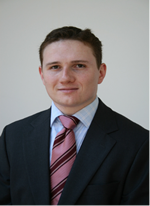 |
Zachary Bodnar, MD is currently a Vitreoretinal Surgery Fellow and Clinical Instructor at the Byers Eye Institute at Stanford. Dr. Bodnar’s academic interests include machine vision, machine learning, digital signal processing and their applications to ophthalmic imaging and medical informatics. He is the inventor of several ophthalmic and neurologic digital health technologies. He attended the Massachusetts Institute of Technology, where he earned a BS and Masters of Engineering in electrical engineering and computer science. He worked as a software engineer for the enterprise software startup Endeca, prior to its acquisition by Oracle. He earned his MD from Dartmouth Medical School. |
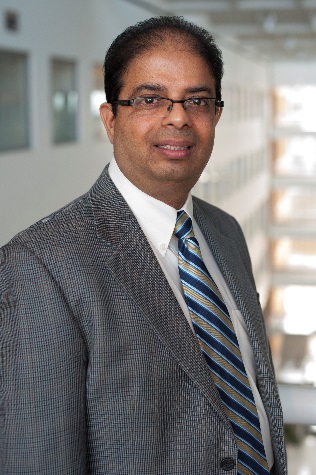 |
Bakul Patel, MBA Associate Center Director for Digital Health at FDA, He is a digital-health visionary and entrepreneurial leader focused on creating, shaping, and implementing national and international public health strategies. Over 28 years of leadership business development, marketing, product management, assessing long and short term needs, establishing objectives, improving organizational performance, and resource management. Expertise in medical device regulations, product development processes, software engineering, embedded systems, wireless communication systems, and robotics and control systems. Masters in Electronics Engineering, MBA in International Business. Six Sigma, Black-belt certified. |
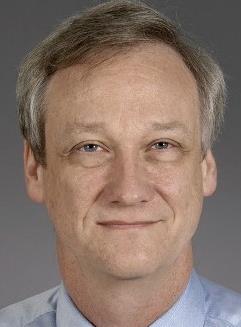 |
Ronald A. Schuchard, PhD, is a lead reviewer for ophthalmic/vision medical devices at the Food and Drug Administration. Team lead experiences include all types of medical device submissions (e.g., IDE, PMA, de novo, 510(k), 513(g), QSub, EFS, and EAP). He has been the team leader for many types of innovative ophthalmic devices including Digital Health devices and has been part of review teams for combination products; both device and drugs as well as device and biologics. He is also part of working groups for new programs in CDRH including Medical Device Development Tools. |
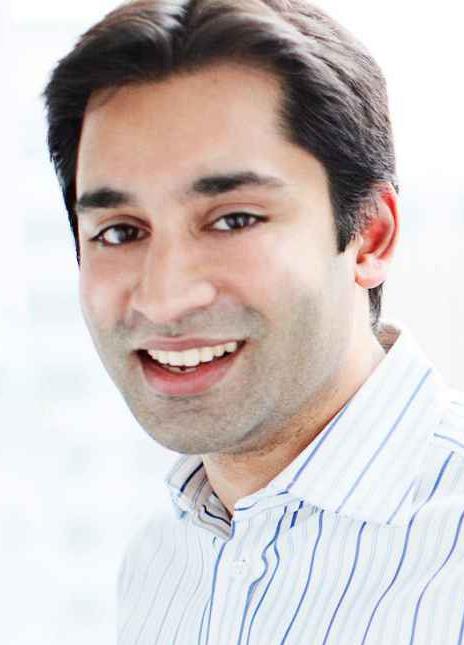 |
Krishna Yeshwant, MD, MBA, is a physician, programmer and entrepreneur who has been working with GV [previously Google Ventures] since its inception. He first joined Google as part of the New Business Development team. Prior to Google, Dr. Yeshwant helped start an electronic data interchange company that was acquired by Hewlett-Packard and a network security company that was acquired by Symantec. Dr. Yeshwant has a B.S. in computer science from Stanford University. He also earned an MD from Harvard Medical School, an MBA from Harvard Business School, and completed his residency at Brigham and Women’s Hospital in Boston, MA where he continues to practice. |
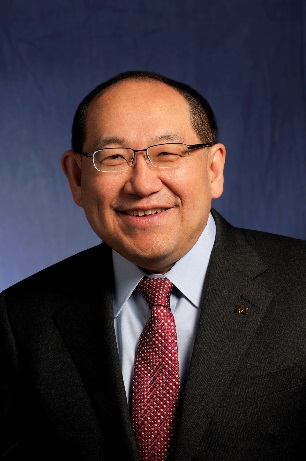 |
Paul P. Lee, MD, JD., is the F. Bruce Fralick Professor and Chair of the Department of Ophthalmology and Visual Sciences at the University of Michigan; and Director of the W.K. Kellogg Eye Center. He has published over 250 papers on glaucoma and eye care delivery, particularly on understanding and improving eye care. His research interests include improving access to and the quality of health care, patient-centered care and exploring the impact of health policy and financing on patients and populations. Dr. Lee actively consults, serving organizations and committees across ophthalmology. He received his law degree from Columbia University and his medical degree from the University of Michigan. |
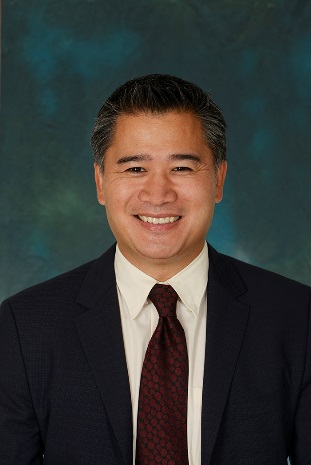 |
R. V. Paul Chan, MD, is Professor of Ophthalmology and Visual Sciences at the Illinois Eye and Ear Infirmary, University of Illinois at Chicago (UIC). He is Vice Chair for Global Ophthalmology at UIC and is a global leader in pediatric blindness prevention and retinopathy of prematurity (ROP). He is a core team member of the Imaging and Informatics for ROP (i-ROP) consortium and leads the Global Education Network for ROP (GEN-ROP), which has implemented and evaluated tele-education programs for ROP in the United States and Internationally. His team’s work has been instrumental in identifying potential challenges in education and diagnostic accuracy for ROP image interpretation. Dr. Chan also serves as a consultant for ROP programs sponsored by the United States Agency for International Development (USAID), Orbis International, and Helen Keller International (HKI). |
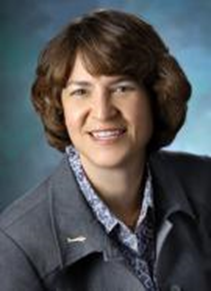 |
Ingrid E. Zimmer-Galler, MD, is Chief of Wilmer Eye Institute, Frederick, and Associate Professor of Ophthalmology at Johns Hopkins Medicine. Her expertise is in diabetic retinopathy, macular degeneration, medical diseases of the retina, and retinal detachment. Her research interests include telemedicine; diabetic retinopathy; and age-related macular degeneration. |
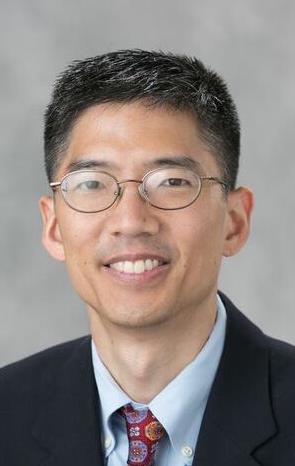 |
Michael F. Chiang, MD, is Knowles Professor of Ophthalmology & Medical Informatics at Oregon Health & Science University. He is a clinician-scientist who is board-certified in ophthalmology and clinical informatics, and has been continuously NIH-funded since 2003. He has performed pioneering studies involving telemedicine for retinopathy of prematurity (ROP), which led to FDA 510K clearance for a pediatric retinal imaging device & national guidelines incorporating telemedicine into standard ROP care. His research group currently studies clinical information systems and computer-based image analysis for ophthalmic diagnosis. He is an Associate Editor for JAAPOS and JAMIA, and on the Editorial Board for Ophthalmology. |
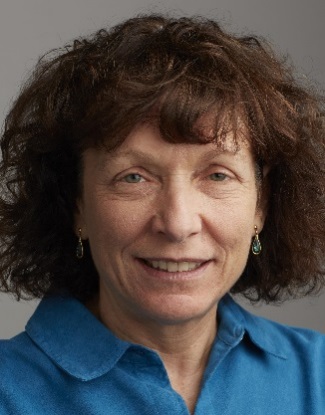 |
Linda M. Zangwill, PhD, Professor of Ophthalmology at the University of California San Diego serves as Director of Clinical Research of the Hamilton Glaucoma Center, and Director of the Imaging Data Evaluation and Analysis (IDEA) Reading Center. Dr. Zangwill’s research focuses on improving our understanding of the complex relationship between structural and functional change over time in the aging and glaucoma eye, developing computational, machine learning and statistical techniques to improve glaucomatous change detection, and identifying risk factors that can predict rapidly progressing glaucoma. |
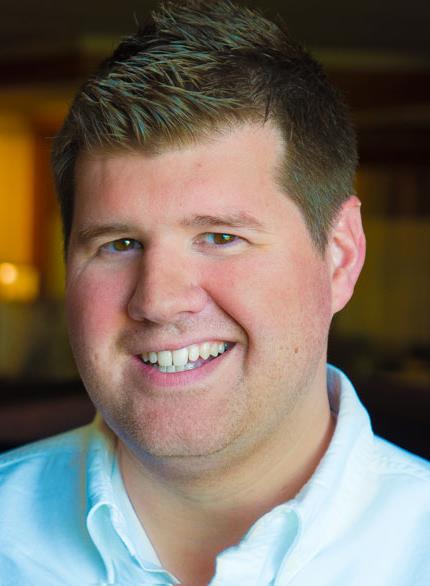 |
John Reites, Partner & Chief Product Officer at THREAD, where he leads its digital health platform enabling remote patient research conducted by biopharmaceutical companies, CROs and academic researchers. Executive intrapreneur turned digital health entrepreneur, John’s career includes over 14 years leading global drug development and healthcare innovation. Named one of the Top 100 Influencers in Digital Health, John provides expertise and execution experience in digital health strategy, remote patient research and care, virtual clinical trials, Phase I - IV clinical research, patient reported outcomes, patient engagement, mobile health, omni-channel experience and virtual reality. |
Panel 1 - Moderators
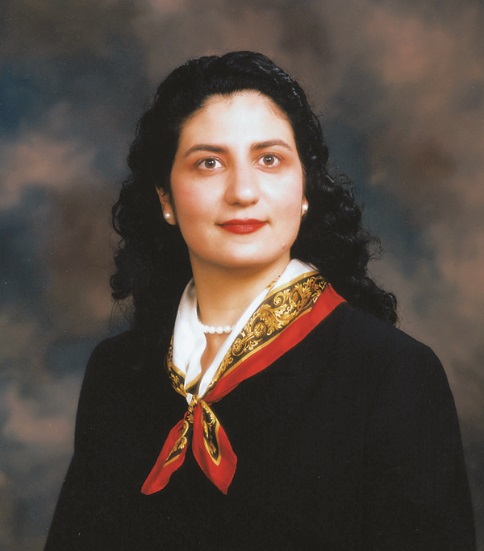 |
Natalie A. Afshari, MD, is Stuart I. Brown MD Chair in Ophthalmology in Memory of Donald P. Shiley, Chief of Cornea and Refractive Surgery, Vice Chair of Education, and Professor of Ophthalmology at the Shiley Eye Institute, University of California, San Diego. Prior to this, she was Professor of Ophthalmology and Director of Centers of Excellence at the Duke University Eye Center. She received her medical degree from Stanford University and her residency training at Harvard University, Massachusetts Eye and Ear Infirmary. Dr. Afshari is currently the chair of the American Society of Cataract and Refractive Surgery FDA Committee. |
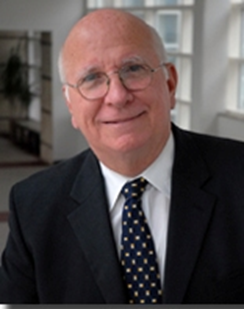 |
Michael T. Trese, MD, served as Director of Vitreoretinal Surgery at the University of Kansas prior to joining Associated Retinal Consultants in 1982. He currently is Clinical Professor of Biomedical Sciences at The Eye Research Institute of Oakland University, Clinical Associate Professor at Wayne State University School of Medicine, and Chief of Pediatric and Adult Vitreoretinal Surgery at William Beaumont Hospital. Dr. Trese is an internationally recognized expert in retinopathy of prematurity and pediatric retinal disease. His current basic science and clinical research interests encompass both pediatric and adult retinal disorders, including participation in National Institute of Health and National Eye Institute sponsored trials. |
Panel 1 - Panelists
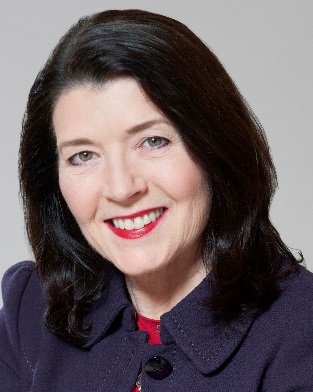 |
Leslie Bottorff, MBA, is the Managing Director, GE Ventures Healthcare. She specializes in investments in medical device technology, digital health, healthcare IT and emerging business models. Leslie joined GE Ventures in 2014 after 16 years of venture capital investing as a Managing Director with ONSET Ventures. Prior to venture investing, Leslie spent 19 years serving in various executive roles at both large and venture backed companies including Medtronic CardioRhythm, Nellcor (now Medtronic), and Ventritex (now St. Jude). She holds a BS in biomedical engineering from Purdue University, and an MBA from Harvard Business School. |
 |
Darius M. Moshfeghi, MD, is Professor and Director of the Retina Division. He also is the Director of the Vitreoretinal Surgery Fellowship Program, Director of Ophthalmic Telemedicine, Founder and Director of SUNDROP Telemedicine initiative, and Director of Pediatric Vitreoretinal Diseases and Surgery. He is a recognized expert in pediatric retina telemedicine. The diversity of his practice reflects his numerous interests, yet they all coalesce along retino-vascular diseases and their management. He has trained dozens of medical students, residents, and vitreoretinal surgeons and serves on the Surgical Standards Committee for Vitreoretinal Surgery Fellowship of the American Society of Retinal Specialists. |
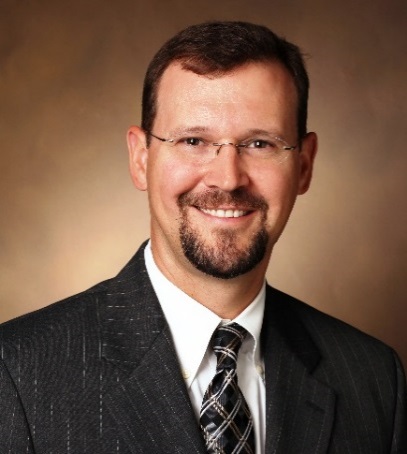 |
David G. Morrison, MD, is an Associate Professor of Ophthalmology and Pediatrics at the Vanderbilt Eye Institute. He is the director of the telemedicine screening program for ROP at Vanderbilt University Medical Center. He is a former executive committee member of the Pediatric Eye Disease Investigator Group. He has participated in several multicenter trials of telemedicine screening for ROP including the eROP trial. He has also published on basic mechanisms of neovascularization in ROP, and predictive models of ROP development. |
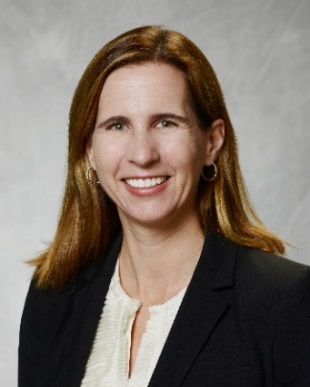 |
Maria A. Woodward, MD, MS, is the co-director of eHealth at the University of Michigan’s Kellogg Eye Center and its Director of Telemedicine and Clinical Programs. Her work is focused on innovative eye healthcare delivery specifically for the anterior segment of the eye. Her research focuses on eHealth clinical programs and novel ophthalmic technologies – particularly low-cost, portable systems and disease-monitoring tools with low acquisition and delivery costs. The purpose is to extend affordable, accessible eye care to underserved and under-represented communities nationally and globally. She serves on the American Academy of Ophthalmology’s Telemedicine Task Force and collaborates nationally and internationally in low-cost delivery of eye care. |
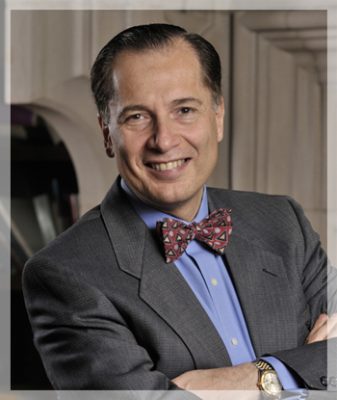 |
Dimitri Azar, MD, MBA, is Dean of the College of Medicine at University of Illinois, Professor of Ophthalmology, Bioengineering and Pharmacology, and is B.A. Field Chair in Ophthalmologic Research. He is a leader in basic science and clinically related vision research, making significant contributions to the treatment of corneal diseases and to advances in refractive surgery. He serves as a trustee for the Chicago Ophthalmological Society and for the Association of Research and Vision in Ophthalmology. Dr. Azar has received multiple leadership awards. |
 |
Ingrid E. Zimmer-Galler, MD, is the Executive Clinical Director of the Office of Telemedicine for the Johns Hopkins Health System and an Associate Professor at the Johns Hopkins Wilmer Eye Institute. She is nationally and internationally recognized as a leader in tele-ophthalmology and was the clinical lead for one of the earliest telemedicine diabetic retinopathy screening programs in the United States. In 2016, she completed two terms on the American Telemedicine Association Board of Directors and is currently on their Institutional Council Executive Committee. She is also on the American Academy of Ophthalmology’s Telemedicine Work Group. |
Panel 2 - Moderators
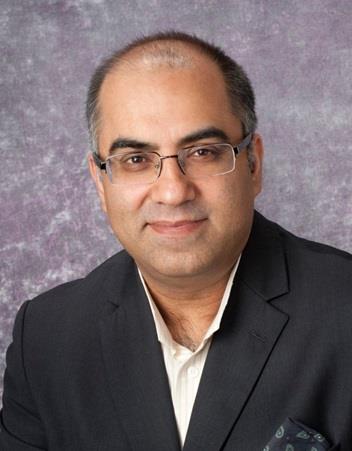 |
Ken Nischal, MD, is Chief of theDivision of Pediatric Ophthalmology, Strabismus, and Adult Motility at Children’s Hospital of Pittsburgh. He is Director, Pediatric Program Development, UPMC Eye Center, and Professor of Ophthalmology, University of Pittsburgh School of Medicine. His research interests include craniosynostoses, ultrasound, and pediatric anterior segment. |
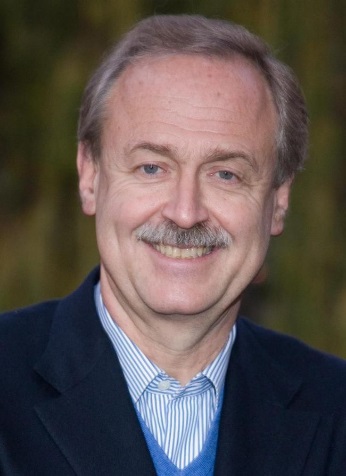 |
Mark S. Blumenkranz, MD, MMS, is HJ Smead Professor Emeritus in the Department of Ophthalmology at Stanford University. He served as founding Director of Byers Eye Institute at Stanford through June 2015. Dr. Blumenkranz was an early innovator in vitrectomy techniques to treat complex forms of retinal detachment, and helped to usher in the modern era of intravitreal and surgical adjuvant drug therapy. He has published more than one hundred and sixty papers in peer-reviewed journals and multiple book chapters, abstracts and patents in the field. He is a co-founder and serves as a director of Digisight Corporation, an early stage venture financed ophthalmic digital health company and Lagunita Biosciences LLC, an early stage biotechnology and medical investment company. |
Panel 2 - Panelists
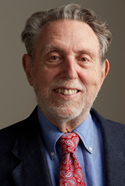 |
Michael H. Goldbaum, MD, is Professor in Residence at UCSD School of Medicine and Co-Director, Retina Division. He received his medical degree from Tulane University School of Medicine in New Orleans as well as an ophthalmology certificate in 1969 from the U.S. Navy. Goldbaum completed a Retina Fellowship at Cornell University, New York Hospital, and also received an M.S. in medical informatics from Stanford University. His research interests include the surgical and medical treatment of retina and vitreous, macular degeneration, pediatric retina, ocular tumors and glaucoma informatics. |
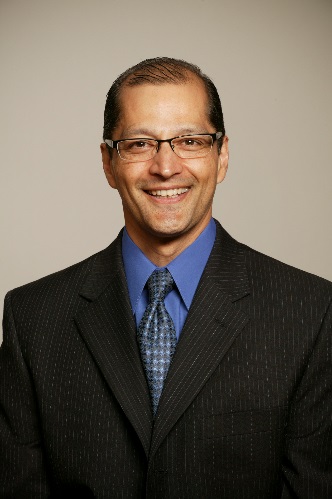 |
Pravin U. Dugel, MD, is Managing Partner of Retinal Consultants of Arizona; Retinal Research Institute; Clinical Professor, USC Eye Institute, Keck School of Medicine, University of Southern California; Founding Member, Spectra Eye Institute, Sun City; Physician Executive Director, Banner Eye Institute, Banner University Medical Center, University of Arizona. Dr. Dugel has authored more than 200 papers, 35 book chapters and has been invited to lecture extensively. Dr. Dugel is internationally recognized as a major clinical researcher and has been a primary investigator in over 100 multicenter clinical trials. He serves on the Scientific Advisory Board of numerous companies, including Aerpio, Alcon, Digisight, Genentech, Novartis, Ophthotech, Opthea, Roche, and TrueVision. |
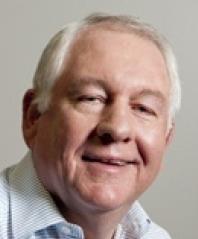 |
Quinton C. Oswald is the Chief Executive Officer of Notal Vision, Ltd., which launched the first patient activated diagnostic for early treatment intervention when high risk Dry AMD patients switch to Wet AMD. He has over 13 years of ophthalmic experience. Prior to joining Notal Vision, he served as the Chief Executive Officer and President of Neurotech Pharmaceuticals, Inc. He has been a leader in several companies, including Shire Pharmaceuticals, SARcode Bioscience, Genentech, Novartis, and Bristol-Myers Squibb. |
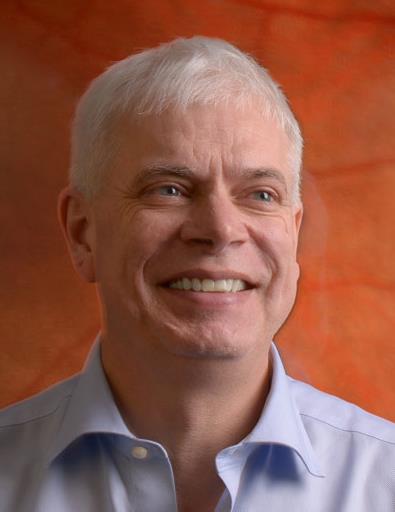 |
Michael Abramoff, MD, is a pioneering scientist, physician, and entrepreneur on mission to end blindness with machine learning image analysis. He is the Robert C. Watzke, MD Professor in Retina Research Professor of Ophthalmology and Visual Sciences, Electrical and Computer Engineering (ECE), and Biomedical Engineering (BME) at the University of Iowa Healthcare, Carver School of Medicine. He received his MD from the University of Amsterdam, Medical College, Amsterdam and earned his PhD at the University of Utrecht, Utrecht, Netherlands. |
 |
Michael F. Chiang, MD, is Knowles Professor of Ophthalmology & Medical Informatics at Oregon Health & Science University. He is a clinician-scientist who is board-certified in ophthalmology and clinical informatics, and has been continuously NIH-funded since 2003. He has performed pioneering studies involving telemedicine for retinopathy of prematurity (ROP), which led to FDA 510K clearance for a pediatric retinal imaging device & national guidelines incorporating telemedicine into standard ROP care. His research group currently studies clinical information systems and computer-based image analysis for ophthalmic diagnosis. He is an Associate Editor for JAAPOS and JAMIA, and on the Editorial Board for Ophthalmology. |
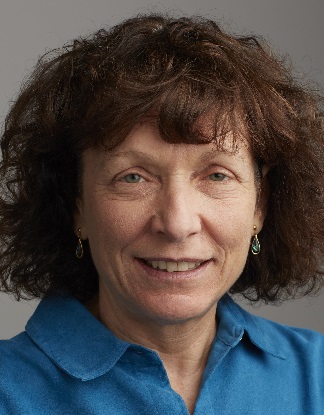 |
Linda M. Zangwill, PhD, Professor of Ophthalmology at the University of California San Diego serves as Director of Clinical Research of the Hamilton Glaucoma Center, and Director of the Imaging Data Evaluation and Analysis (IDEA) Reading Center. Dr. Zangwill’s research focuses on improving our understanding of the complex relationship between structural and functional change over time in the aging and glaucoma eye, developing computational, machine learning and statistical techniques to improve glaucomatous change detection, and identifying risk factors that can predict rapidly progressing glaucoma. |
Panel 3 - Moderators
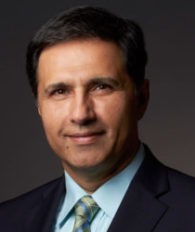 |
Mark S. Humayun, MD, PhD, has devoted much of his career to clinical and scientific research in ophthalmology and bioengineering, becoming both a biomedical engineer and professor of ophthalmology. Dr. Humayun led a talented and diverse team of interdisciplinary researchers with the ultimate goal of creating the world’s first artificial retina, the Argus II retinal implant. He was elected to the prestigious National Academy of Medicine (NAM) and National Academy of Engineering (NAE) for his pioneering work to restore sight. In 2016, Dr. Humayun received the National Medal of Technology and Innovation from President Barack Obama for his innovative work and development of the Argus II. |
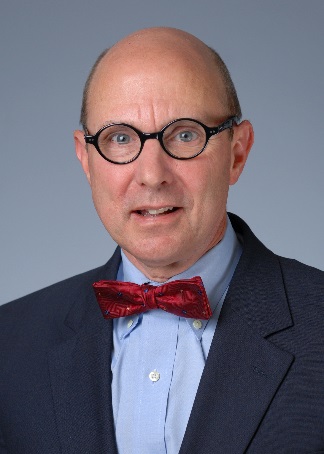 |
Derek T. Sprunger, MD, Clinical Associate Professor of Ophthalmology at Indiana University School of Medicine, is President of The American Association for Pediatric Ophthalmology and Strabismus (AAPOS) 2017-2018, is Past President of the International Pediatric Ophthalmology and Strabismus Council (IPOSC) and the Indiana Academy of Ophthalmology (IAO). Service to the American Academy of Ophthalmology (AAO) included 2 terms on The Council and 1 term on The Secretariat of State Affairs. He is a recipient of the Senior Achievement Award from both AAPOS and AAO. |
Panel 3 - Panelists
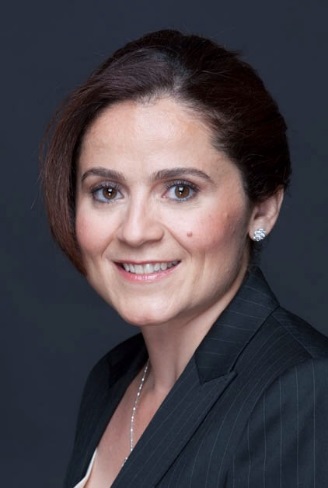 |
Lama A. Al-Aswad, MD, MPH, an ophthalmologist specialized in glaucoma and cataract surgery, is Associate Professor of Ophthalmology at Columbia University, Glaucoma fellowship director, Chair of quality assurance of the Eye Institute and Director of the Tele-ophthalmology initiative. In 2015, she received her MPH in Health Care policy and Management. She advocates the prevention of blindness as evident from her previous glaucoma screening in NYC, screening >8500 individuals. She recently launched the tele-ophthalmology screening for the 4 leading causes of blindness: glaucoma, cataract, diabetic retinopathy and macular degeneration with an equipped van, real-time data transmission, and central reading. |
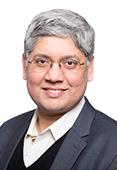 |
Nitin Karandikar, PhD, is the Vice President of Engineering for DigiSight Technologies, a software company developing provider-to-provider telehealth solutions for healthcare teams to examine eye health and coordinate patient care in real-time. At DigiSight Mr. Karandikar leads all software development activities and architects new functionality for the company's mobile cloud-based technologies for ophthalmology. He has more than 25 years of experience in professional software development including key roles at multiple health technology companies like Intuit Health, DeVero and industry pioneer Epocrates. Mr. Karandikar holds a MS in Computer Engineering from UC Santa Barbara and a BEng from the University of Mumbai. |
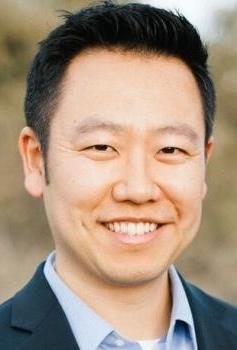 |
David Myung, MD, PhD, is an Assistant Professor of Ophthalmology at the Byers Eye Institute at Stanford and Co-Director of the Ophthalmic Innovation Program, a project-based fellowship in the development and regulatory science of new eye care technologies. He leads a translational laboratory focused on ophthalmic regenerative medicine through tissue engineering and drug delivery, and (global health through mobile technologies and telemedicine. Dr. Myung and colleagues also investigate the role of mobile technologies in enabling diagnostics and patient care outside of traditional health care settings. His goal is to challenge current paradigms of eye care delivery through new digital health technologies to increase access to care in resource-limited settings both in the US and abroad. |
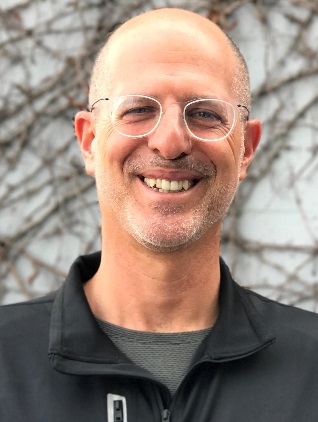 |
Eitan Sharon, PhD, is founder and CEO at Mode.AI, which has developed an artificial intelligence-powered visual chatbot. He received his Ph.D. in math and computer science from the Weizmann Institute of Science. Following postdoctoral positions at MSRI, UC Berkeley and UCLA, Dr. Sharon held a senior lecturer position at the Technion's Electrical Engineering Department (’05-'07; inactive, leave of absence). Dr. Sharon was then cofounder & CTO at Videosurf (acquired by XBOX/MSFT). After acquisition, he was Principal Development Manager at XBOX/MSFT, where he led the development of the video stream analysis for Xbox One. |